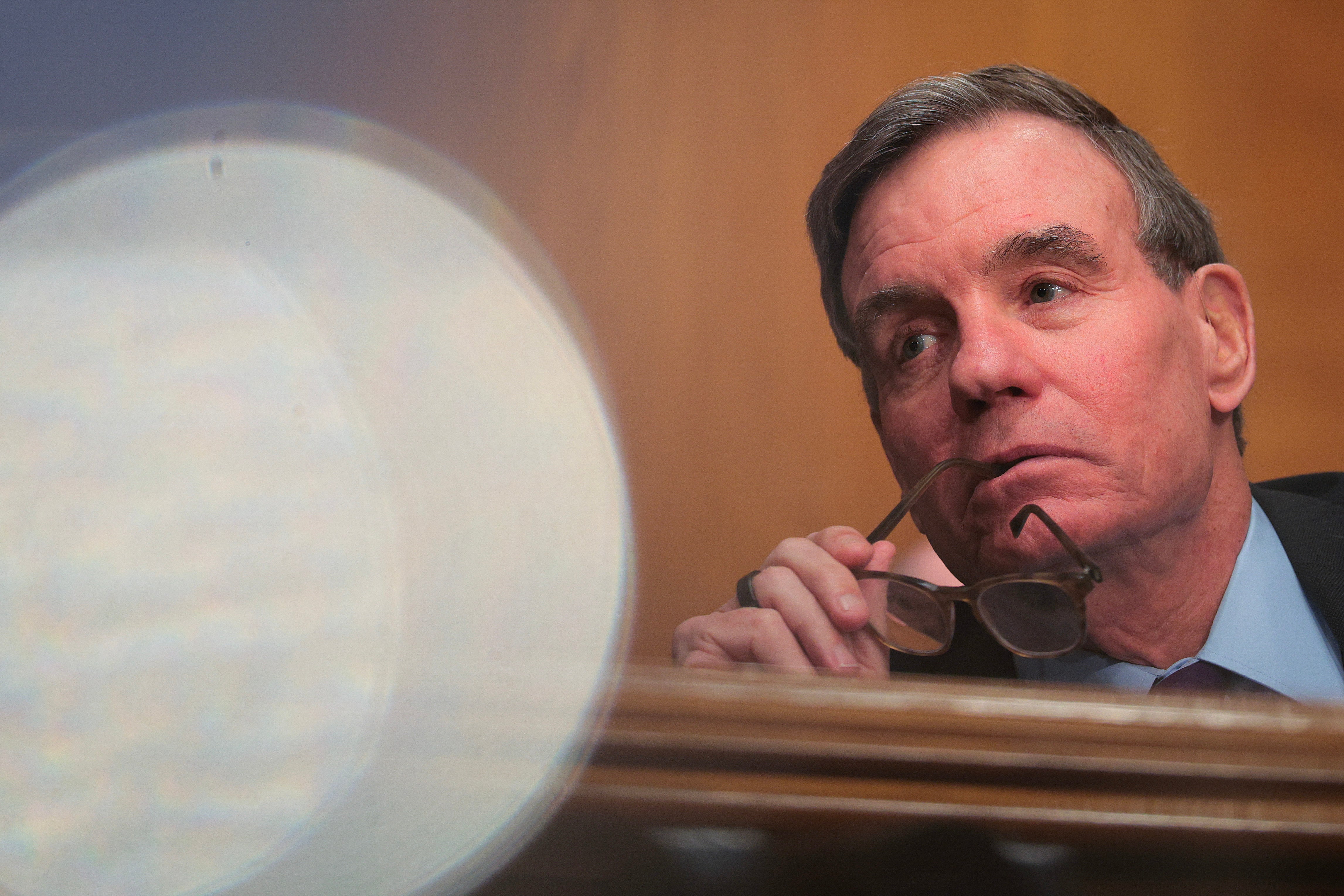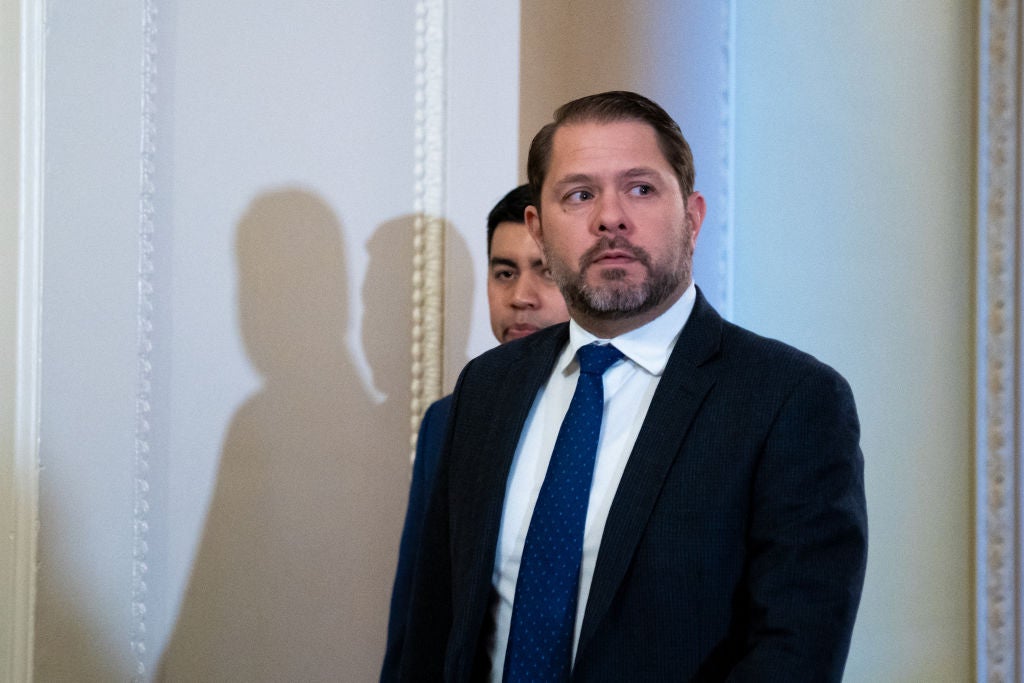Senate Democrats prepare to defy leadership and brace for a shutdown

Senate Democrats seemed to prepare themselves for the possibility of letting the government shut down as more of them came out against a continuing resolution on Thursday.
This comes even though their leader, Senate Minority Leader Chuck Schumer, signaled that he was willing to provide the votes to avert a shutdown, a sign that enough Democrats could join Republicans to vote for the stopgap spending bill.
On Wednesday, most Senate Democrats seemed poised to go along with a continuing resolution that House Republicans passed almost exclusively on a party-line vote, fearing the effects of a government shutdown. Democrats openly admitted they hated the numerous cuts in the legislation and said House Republicans cornered them to choose between a partisan stopgap spending bill or shutting down the government.
But increased pressure from progressive activists and constituent calls seemed to move Democrats to oppose the stopgap spending bill that would fund the government until the end of September.
Earlier in the day, Sen. Mark Kelly of Arizona admitted he did not like the bill passed by Republicans.

“It was just handed to us, just by House Republicans, no input from Democrats,” he told The Independent, but said he had not yet made a decision about it.
By the afternoon, Kelly came out in opposition.
“Republicans need to work with us on a real CR, a bipartisan agreement like this is always done,” Kelly told The Independent.
Kelly’s fellow Arizonan, freshman Sen. Ruben Gallego, said he would have a simple message for voters.
“Donald Trump and the Republicans shut down the government,” he told The Independent.

Virginia’s Mark Warner, who represents a state with plenty of federal workers who have been hit by the cuts from Elon Musk’s Department of Government Efficiency, said voters understood the need to oppose the bill.
“These are federal workers who’ve got a lot of stake; they want me to be a ‘no,’” he told The Independent.
Sen. Michael Bennet dodged questions, but later in the day came out against the continuing resolution.
Historically, the party that opposes spending bills is blamed for shutting down the government.
But Sen. Ben Ray Lujan of New Mexico told reporters that voters knew that Republicans control both chambers of Congress and the White House and understood they would be at fault for a shutdown.
“I know my constituents are savvy,” he told The Independent.
Sen. Sheldon Whitehouse of Rhode Island said the blame would fall squarely on the Republicans and Trump.
“I think the message is that the republicans gave us two extremely unpopular choices, spurned a bipartisan return to regular order all to give more power to President Trump and continue the madness that they could have ended,” he told The Independent.
A Quinnipiac University poll released Thursday showed that if a shutdown happened, 32 percent of voters said they would blame congressional Democrats, but 31 percent said they would blame congressional Republicans, and 22 percent said they would blame Trump the most.
Democrats said they still hoped to craft a 30-day continuing resolution to allow time for Democrats and Republicans to finish working on the 12 spending bills to fully fund the government until the end of the fiscal year.
Republicans have 53 Senate seats, which means they would need help from Democrats to break a 60-vote filibuster. Sen. John Fetterman of Pennsylvania has said he would vote to support a continuing resolution.
When asked if he had read the text of the 99-page continuing resolution, Fetterman dodged.
“I’m never gonna vote to shut the government down,” he told The Independent. “There’s no news notes on that. They invented this thing called Google or the internet, and you could confirm that.”
But Sen. Rand Paul, a Republican from Kentucky, has said he would oppose the spending bill, meaning Republicans would need additional votes.


:max_bytes(150000):strip_icc()/Billy-Bob-Thornton-Kathy-Bates-061525-cf8195bcc1974deea00ac6fc993725f2.jpg?w=390&resize=390,220&ssl=1)

